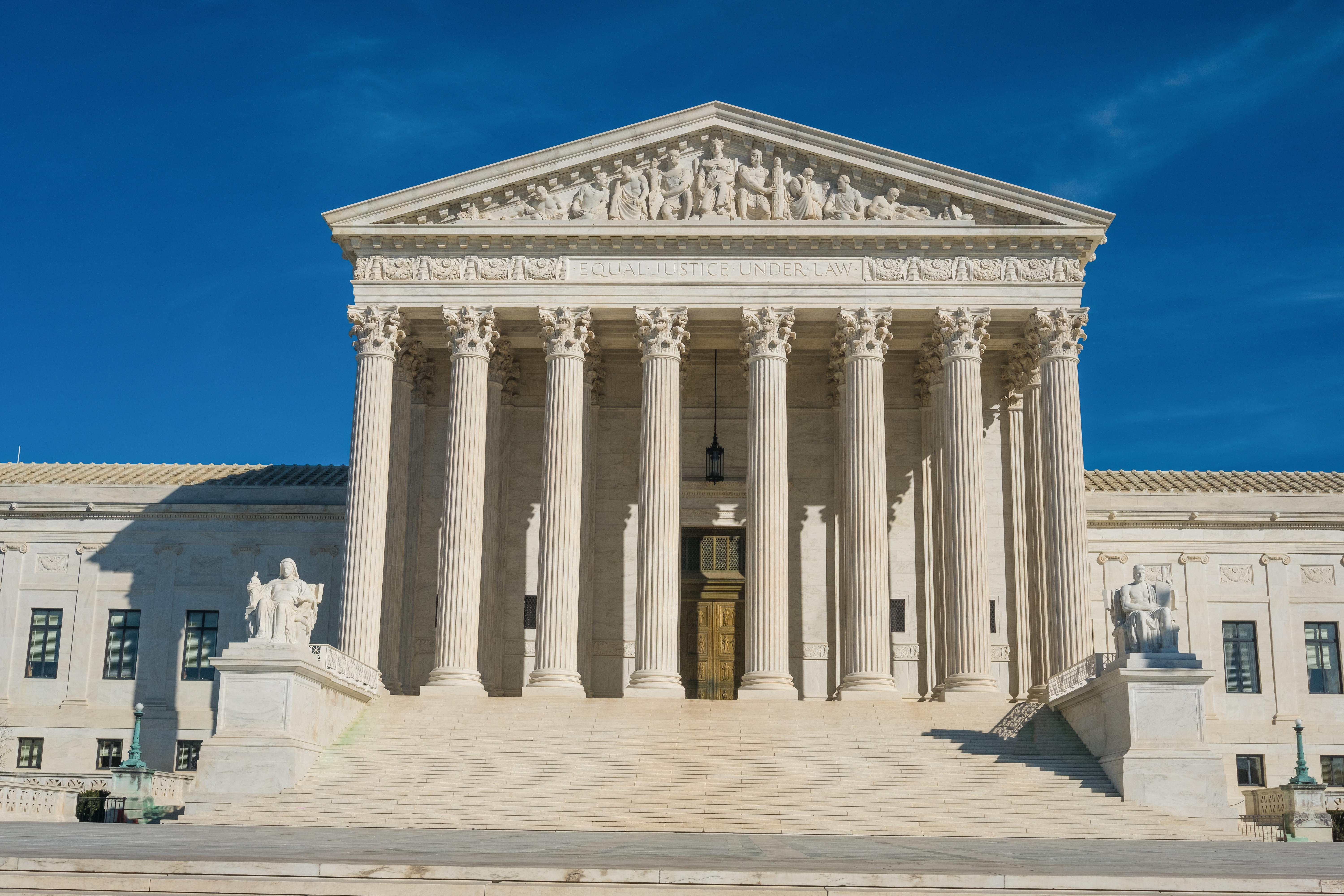As we enter a contentious election season in the US, reproductive rights figure to be a key flashpoint. A year and a half on from the US Supreme Court’s landmark decision in Dobbs v. Jackson Women’s Health Organization, the bioethics community is still working hard to understand its impact.
Immediately following the decision, many members of the Greenwall Faculty Scholars community offered their reactions and analysis. From the vantage point of the moment just after Dobbs was handed down, bioethics scholars could offer predictions for what might happen, but understood that more research would be needed to explore how the case would make its mark on American lives and health. The Greenwall Foundation quickly funded three Dobbs-related projects, and that work is beginning to bear fruit.
One of these projects was Moral distress among obstetricians and gynecologists in the post-Roe era, a Making a Difference grant awarded in Fall 2022 and helmed by Boston College’s Erika Sabbath, ScD. Prof. Sabbath, alongside Faculty Scholar Alum Mara Buchbinder, PhD, former National Academy of Medicine Greenwall Fellow in Bioethics Kavita Shah Arora, MD, and coauthor Samantha M. McKetchnie, MSW, recently published in JAMA Network Open an investigation reporting their results. They found that Dobbs created “an occupational health hazard for OB-GYNs,” who have had to “choose between standard patient care and their own legal exposure,” a decision that can “leave lasting scars on OB-GYNs.”
This study’s findings have been widely disseminated, as the impact of the Court’s decision on doctors receives further consideration. Prof. Sabbath told NPR that the study “offered…a way for people to be able to share those really painful and profound experiences under the kind of cloak of anonymity.” On a North Carolina CBS affiliate, Prof. Buchbinder told a reporter that “many of the doctors reported depression and anxiety”—that is, that there are workforce public health impacts that need to be considered alongside other concerns. In The Charlotte Observer, Prof. Buchbinder, Prof. Sabbath, and Dr. Arora wrote an op-ed arguing that Dobbs opened the door for the “[elimination of] a key safeguard by which OB-GYNs are legally permitted to care for their sickest patients,” and that “[g]eographic disparities in access to safe, proximate and high-quality obstetric care are at risk of widening as OB-GYNs leave for states where they do not risk becoming felons for providing lifesaving care.”
Two more Making a Difference grants funded by Greenwall adopted different lenses through which to view the challenges presented by the new reproductive health landscape. Post-Roe Indiana: An Ethnography of Patient Treatment During Pregnancy Losses, Termination, and Complications, headed by investigator Lori Freedman, PhD, a Faculty Scholar Alum, was also funded by the Foundation in Fall 2022. Prof. Freedman, a sociologist who has written previously on providing reproductive care in contested environments, will apply an ethnographic lens to both patients and providers in a state where abortion care underwent a near-total ban during the course of the project. The most recent Making a Difference grant to tackle the post-Roe landscape, Asha Talati’s, MD, Prenatal Diagnosis in the Post-Roe Era, will work to understand how prenatal genetic testing practices have and will change in the Dobbs era, in addition to creating a set of recommendations for the use of such testing moving forward.
All of these projects feature bioethics scholars moving quickly to explore challenging questions in a fraught and ever-changing environment. Amid a seismic shift in the legal and health care landscape, these projects have responded with pace and depth, taking care to generate rigorous new knowledge to inform the public and policymakers in the context of profoundly contested terrain.
